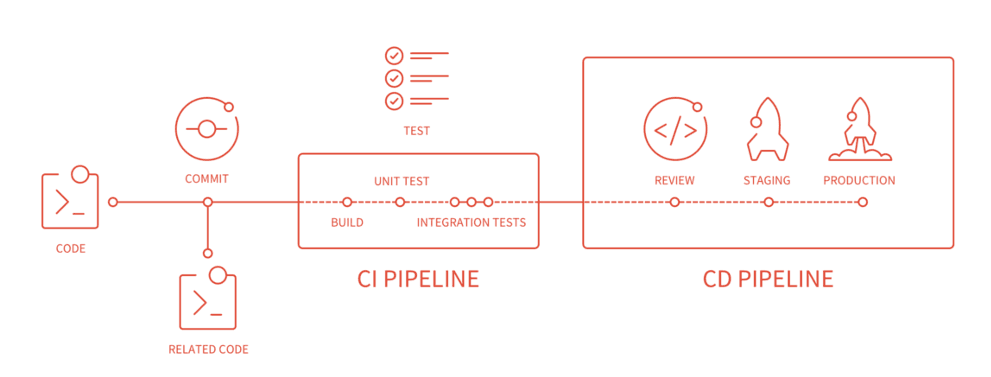Django tests in Gitlab CI
python, gitlab, django

Django CI
Running isolated tests can be hard - we can solve this problem in Gitlab using the Docker images tooling provided by the runners. We will first provide the base Python image for us to run our code in and then add the Postgres container as a service
The Pipeline
The .gitlab-ci.yml will need to start 2 containers, the Python runtime and the Postgres Service. This is done using the following:
1 2 3 4 5 6 7 8 9 10 11 12 13image: python:latest # must match lazydb3_api/settings/ci.py settings variables: POSTGRES_DB: test_db POSTGRES_USER: runner POSTGRES_PASSWORD: 'ci' POSTGRES_HOST_AUTH_METHOD: trust # https://docs.gitlab.com/ce/ci/docker/using_docker_images.html#what-is-a-service # https://docs.gitlab.com/ce/ci/services/postgres.html services: - postgres:latest
This will start the postgres using a couple settings, given in the variables. These are reusable, and we will leverage them later on. These settings must also be placed into your django database settings so you can connect. The service can be accessed with the identifier of the image, in this case postgres. This example provides the connection details:
1postgresql://runner:ci@postgres:5432/test_db
Hence our Django settings will be:
1 2 3 4 5 6 7 8DATABASES['default'] = { 'NAME': 'test_db', 'ENGINE': 'django.db.backends.postgresql_psycopg2', 'USER': 'runner', 'PASSWORD': 'ci', 'HOST': 'postgres', 'PORT': '5432', }
These are hardcoded but could be accessed with the env vars. The next step is to just run these as normal, as in the container you should now be able to connect.

